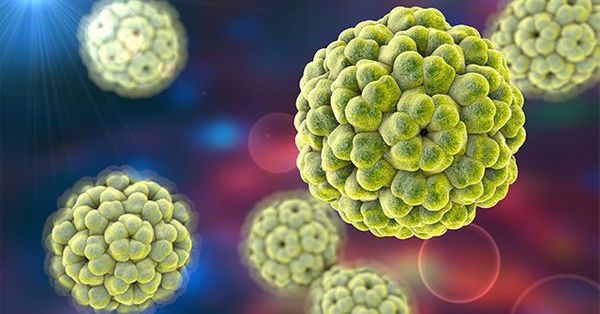Medical Microbiology and Parasitology
Medical Microbiology and Parasitology are critical in the diagnosis, treatment and management of infectious diseases caused by microorganisms. These organisms can be transmitted through direct or indirect contact, and can affect any part of the body. Medical Microbiology focuses on the study of bacteria, fungi, and viruses, while Parasitology studies parasitic organisms such as protozoa, helminths, and arthropods.
One of the most important aspects of Medical Microbiology and Parasitology is the identification of the causative agent responsible for the infectious disease. This is achieved through laboratory investigations such as microscopy, culture, sensitivity testing and molecular techniques such as PCR. Once the causative agent is identified, appropriate treatment options can be prescribed.
In addition, Medical Microbiology and Parasitology also play a crucial role in the surveillance and control of infectious diseases. Through these investigations, epidemiologists can track the spread of disease and implement appropriate measures to contain and prevent further spread.
Overall, the services provided by Medical Microbiology and Parasitology are essential in the prevention, diagnosis, treatment, and management of infectious diseases, ensuring the well-being of individuals and communities.

This includes the identification of common kinds of micro-organisms like bacteria, fungi, parasites and viruses that cause infectious disease. These agents- if not detected on time in body secretion or fluid- could result in organ failure and breakdown of the body functions. Offered investigation. Include bloods culture, urine and stool Microscopy, culture, sensitivity, blood TB culture, Rota/Adenovirus stool, cryptosporidium, CSF, Fungi Micro + culture, AFB culture, TB quantiferon Gold, TB-GeneXpert (PCR) etc.
